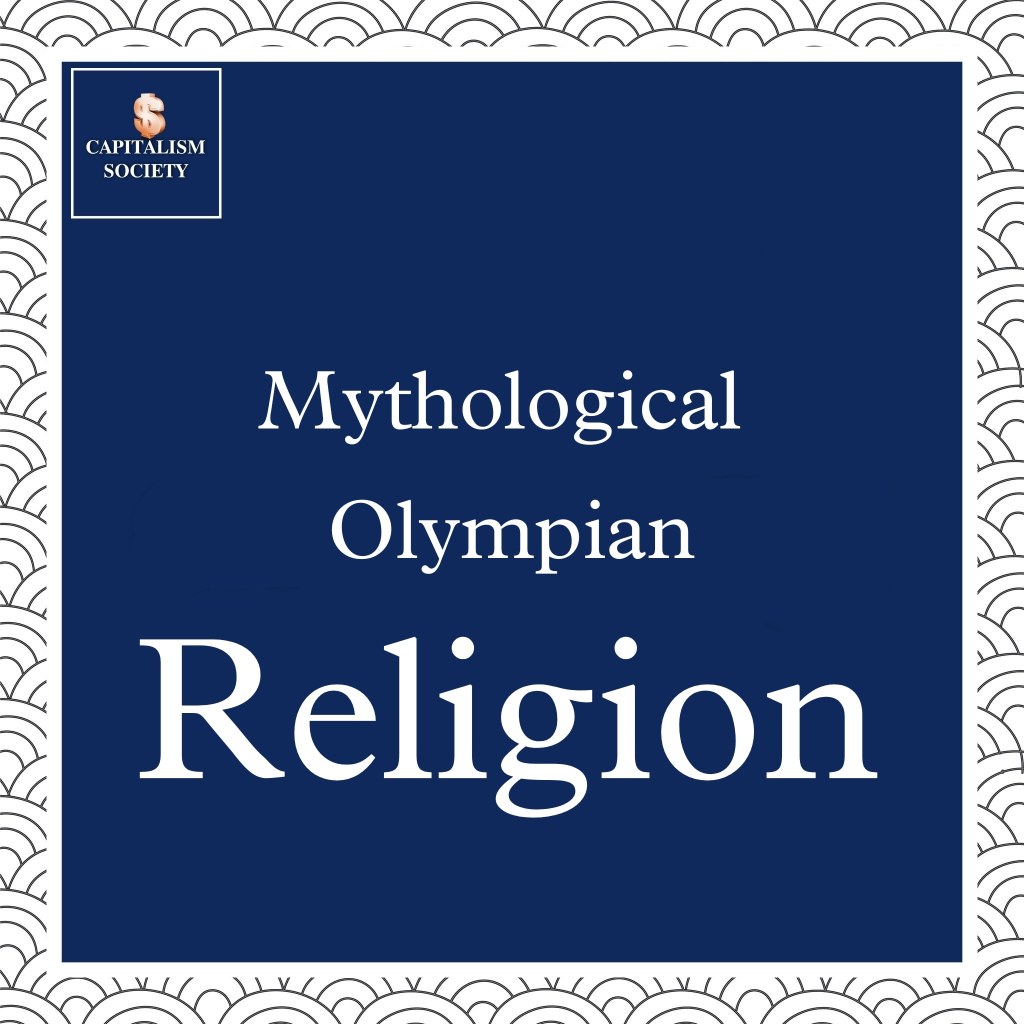
Peaceful coexistence is not simply an official policy of the socialist countries but an important principle of the communist movement as a whole. “The Communist parties regard the struggle for peace as their foremost task,” said the 1957 Declaration. Guided by the lofty principles of humanism in the fight for peace the Communists act in full accord with the class interests of the working-class movement. The growing interdependence of the struggle for peace and for the class interests of the working people is an essential feature of the anti-war movement of today. That is why Communists are confident that the lessening of tension and the ending of the cold war help the working class to fight with greater success for both its immediate and long- term aims. Is this confidence well placed? The answer to this question can be found in the results and the nature of the activities of the Communist parties in the capitalist countries to put into effect the ideas and principles of the 1957 Declaration. Representatives of these parties said at the Bucharest meeting that their parties, being the most consistent and resolute organizers of their peoples’ fight for an international understanding, for peaceful coexistence, had improved their contact with the masses, had gained still greater influence and prestige. The same conclusion was confirmed by the decisions taken by the C.C. meetings of many parties held after the Bucharest meeting.


